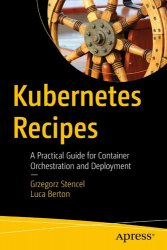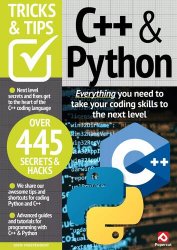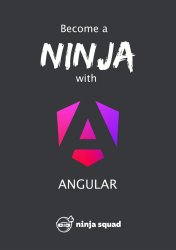- Добавил: literator
- Дата: 31-03-2025, 18:22
- Комментариев: 0
 Название: Android Studio Meerkat Essentials - Compose Edition: Developing Android Apps with Android Studio, Jetpack Compose, and Kotlin
Название: Android Studio Meerkat Essentials - Compose Edition: Developing Android Apps with Android Studio, Jetpack Compose, and KotlinАвтор: Neil Smyth
Издательство: Payload Media
Год: 2025
Страниц: 645
Язык: английский
Формат: epub (true)
Размер: 42.0 MB
This book is a comprehensive guide to building Android applications using Android Studio Meerkat, Jetpack Compose, and the Kotlin programming language. It is designed to provide the knowledge and skills you need to create modern Android apps using the latest development tools and frameworks. We begin with foundational steps, including setting up an Android Studio development environment, followed by a detailed introduction to Kotlin, the language underpinning Android development. This section covers core aspects of Kotlin, such as data types, operators, control flow, functions, lambdas, and coroutines, establishing a strong basis in object-oriented programming principles. Next, we cover Jetpack Compose, Google's innovative toolkit for building native user interfaces, including an in-depth look at Compose components and layout structures, including rows, columns, boxes, flows, pagers, and lists. You'll also gain insights into Android project architecture and Android Studio's Compose development mode.









